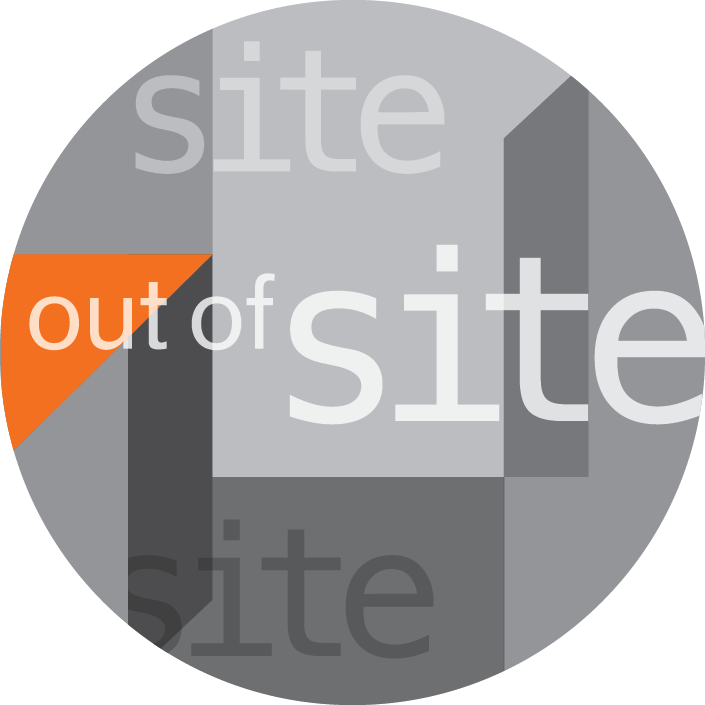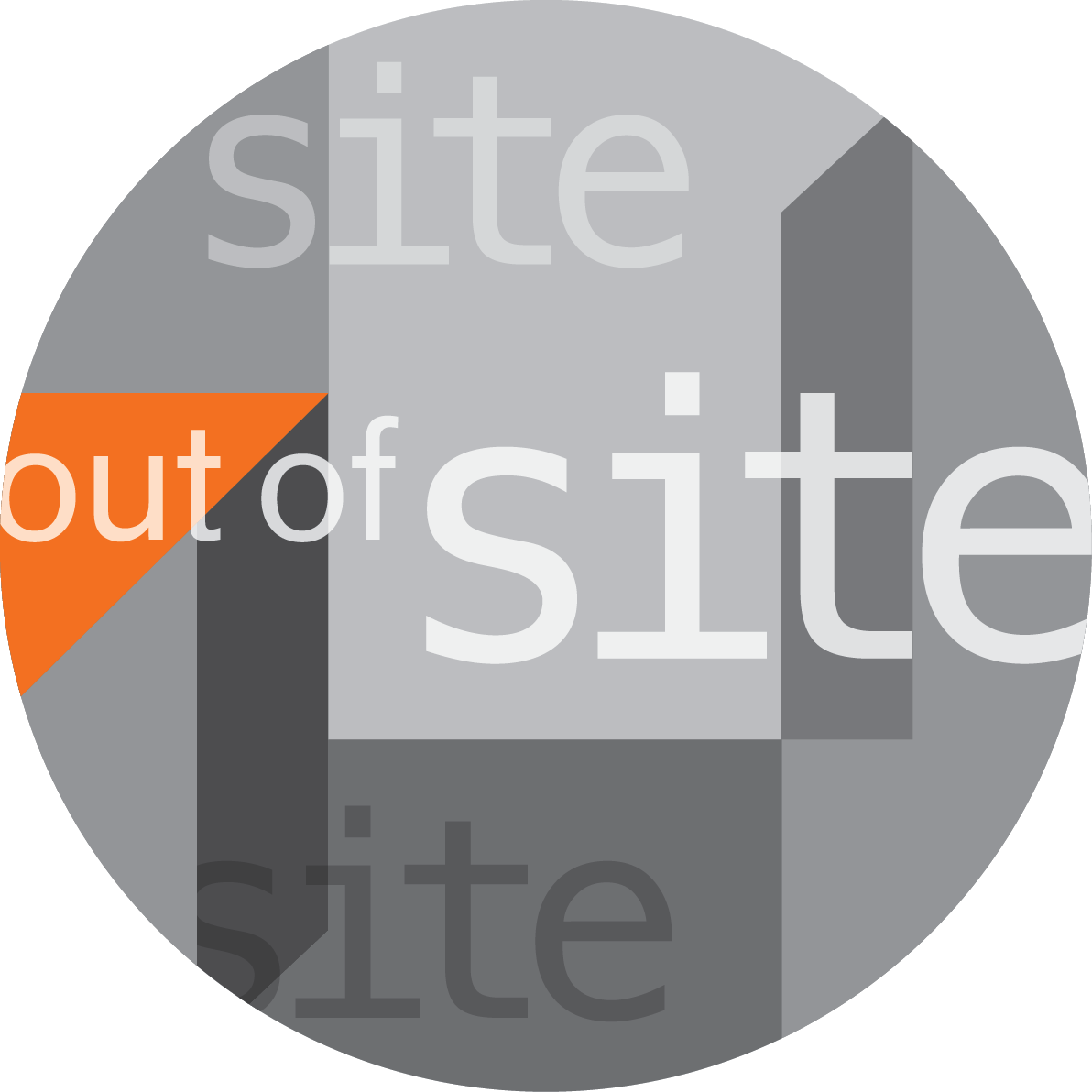Jolanda Jansen
Perception of Reality
Paper and Mirror Study #1 (2021)
Un/Cube Gallery
Photo by Ellen van den Burg
Abstract
Saturday June 11, @2pm - 3:30pm CT
A Performative Lecture
'Perception is an action, a handling, a behavior; things, objects, and milieus are relays of force – waves of energy-matter grasped on the move and recognized in and through their orientations and nascent directions, rather than through fixed properties'. (Lushetich, 2022:16) It is also depending on our memory, the recollection of the prior perception, to which it bears resemblance. And to ‘Space’ our perception has a changing relationship of visibility, scale, enclosure, and openness, which engages the percipient’s exteroceptive senses or modes of detection such as sight and hearing, or visual and aural detection. It is also the absence of any fixed dividing lines between ‘past’, ‘present’, ‘future’, ‘here’, ‘now’, ‘cause’, and ‘effect’, the cross-spatial and cross-temporal nature of entanglement is also the reason why perception is getting blurred.
In the performance lecture I want to play with reality by using mirroring and reflection to show the conflictive, sometimes confusing representation of an image 'reality'. The perception of this image and the translation from this image into a presentation by de-contextualizing and framing through media with its own limitations, …. into blur.
Can we control the perception of reality? Each individual has his or her own perception of reality. The implication is that because each of us perceives the world through our own eyes, reality itself changes from person to person. Reality does not change to adapt to our viewpoints; reality is what it is: Reality is fact. How many times can we cross layers (of technology, of language, of meaning, of intention, of institution, of power, of background, of religion, etc.) to lose reality?
In my latest performance series Paper Study's #, the basic material paper that refers to our mind, is in contrast with the intuitive body. Paper doesn’t interest me because of what it is, but more of what it is not. Some say paper is a blank sheet, something that could become something new, or even a new beginning. You can’t erase your features, or your background. A body is harder to transform than paper, that’s why I like to use paper. It can be strong and fragile like a feather. It has the promise of meaning. I prefer to bring it back to its basic nature, to use it as a natural material, something that was alive, like coming from the wood of a majestic tree. It’s the same in how I like to go back to what it is to be human- our cravings, shame, fear, anger etc, but we usually don’t reveal so much.
References
Lushetich, Natasha; Campbell, Iain; Distributed Perception, Resonances and Axiologies, (Merleau-Ponty 1962, 1968; Lingis 1996), Routledge, 2022, p.16

photo by Rokko Juhasz

Photo by Aor Nopawan

photo by Monika Deimling


